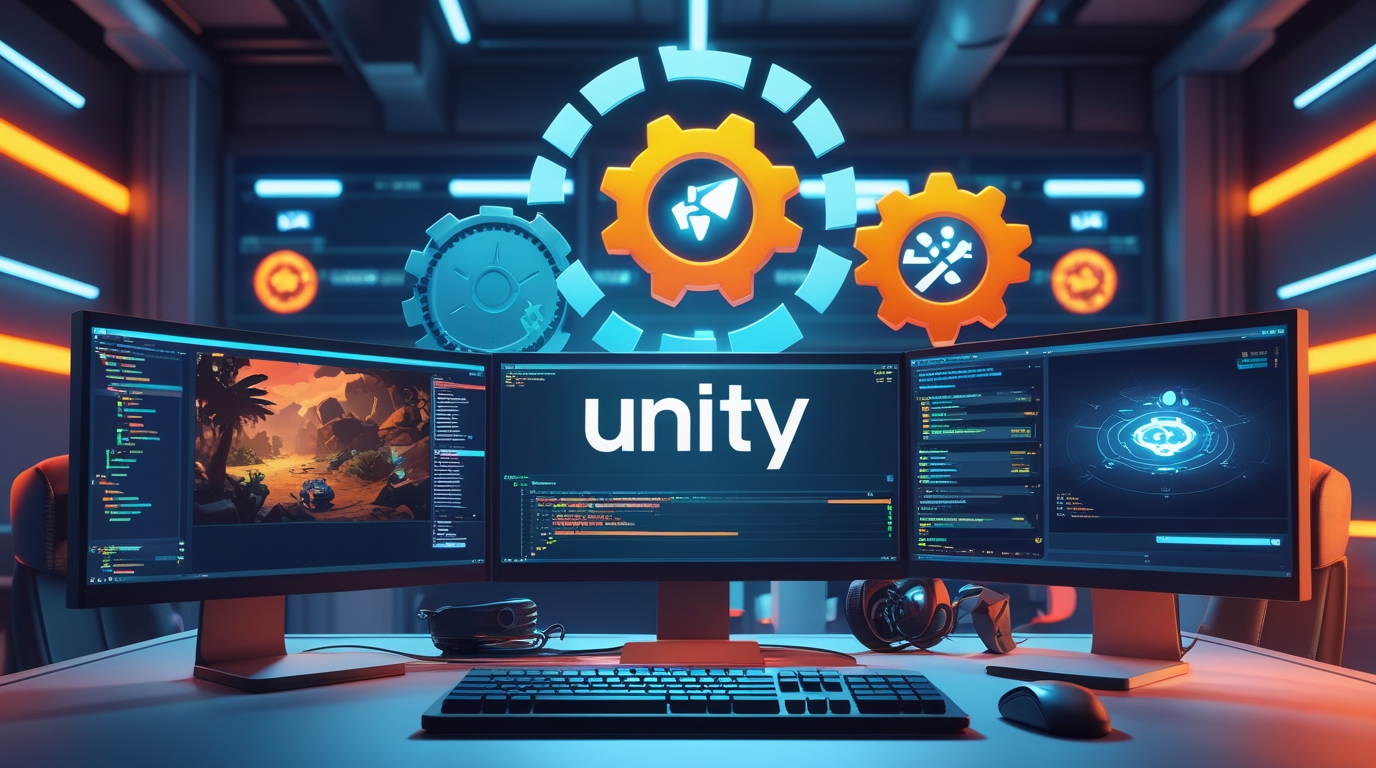
Technical changes could initially appear to be background work that only programmers are interested in. But in reality, regular updates are the foundation of a game’s long-term success. Upgrading to a more recent version of Unity, fulfilling App Store criteria, or enhancing performance are all ways to keep your game viable, enjoyable, and lucrative.
Why Technical Updates Are Crucial
Every game exists in an evolving ecosystem. Mobile devices, operating systems, APIs, and even store policies change regularly. Your game may soon become unusable, glitchy, or possibly unpublishable without updates.
- New versions of an OS (like iOS or Android) can break older builds.
- Outdated SDKs and libraries pose security risks.
- Optimizations improve frame rates and load times.
- Payment systems and ad SDKs often require specific versions to function properly.
Strict guidelines govern Google Play and the App Store; apps that don’t fit the standards risk being deleted.
How often should you update?
Despite the lack of a common guideline, the majority of popular games adhere to this rhythm:
- Minor technical updates: every 2–3 months (SDK, libraries, dependencies).
- Feature or content updates: every 3–6 months.
- Major engine updates occur every 1–2 years, depending on the size of the project.
Regular updates avoid “version shock,” which occurs when too many changes build up and necessitate difficult and dangerous reworks.
Common Issues When Upgrading Unity Versions
Upgrading to a new version of Unity may seem simple in theory. However, the entire engine is altered with each major Unity update, which may have an impact on physics, graphics, or gameplay.
Even minor adjustments to collision handling can cause unpredictable differences in gameplay.
- Shaders and lighting may look different.
- Assets or plugins may stop working completely.
- When code is ported to support new packages or APIs, hidden issues are often found.
Sometimes a minor “technical update” can turn into a lengthy setup and troubleshooting.
Why might it take longer than expected?
Everything in a game is connected. Updating one SDK can impact advertising, analytics, or performance. Updates to the resource pack, physics adjustments, or shader rewrites could be necessary for a new version of Unity.
Other factors include:
- Third-party plugin incompatibilities
- Multiple platform refactoring (iOS, Android, WebGL, consoles)
- Testing time – every update requires full regression testing to make sure nothing breaks.
- Certification delays from app stores or platform owners
In summary, because updates affect nearly every aspect of the game, they take longer.
App and Play Store Compliance
Google and Apple frequently update their policies. They may require:
- Minimum API level or SDK version
- Revised privacy policies
- Appropriate tracking disclosures
- Support for 64-bit or ARM64 architecture
If you don’t meet these standards, your app can be deleted or refused. Maintaining your game regularly guarantees that it will continue to be playable and visible to players.
Future-proofing your games
Games are living projects, not static products. Robust testing, intelligent version control, and frequent updates guarantee that your game stays reliable and competitive in the market.
At Melior Games, we specialize in helping studios and publishers maintain and update their games seamlessly.
Make your game future-proof by getting in touch with Melior Games right now to ensure the success of your project.




